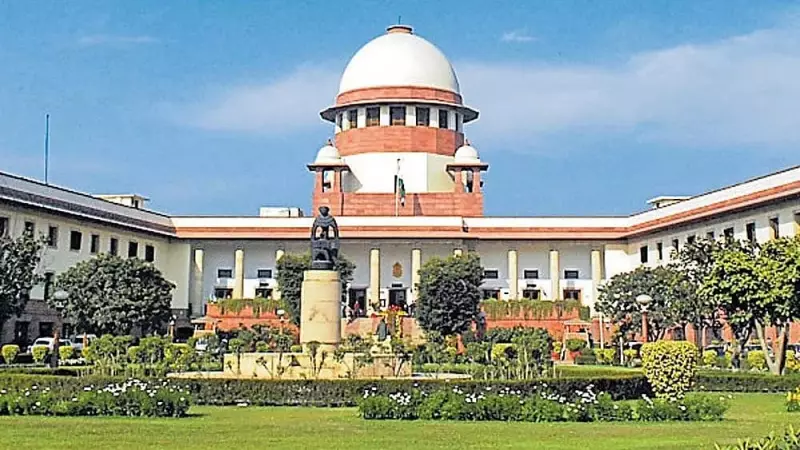
In a groundbreaking verdict that reinforces the sanctity of intellectual property rights in India, the Supreme Court has delivered a powerful message to potential infringers: mere delay in taking legal action cannot sanctify or legitimise IP violations.
Beyond Private Battles: IP Disputes Enter Public Domain
The apex court's judgment significantly broadens the scope of intellectual property protection, emphasising that IP disputes are no longer confined to private commercial interests. The ruling establishes that such cases carry substantial public interest implications, affecting innovation ecosystems and economic development nationwide.
Key Judicial Pronouncements
The bench made several crucial observations that will reshape IP litigation in India:
- Time Limitations Clarified: Courts cannot dismiss IP infringement cases solely based on delay in filing suits
- Public Interest Paramount: Intellectual property disputes transcend private commercial interests
- Infringement Unforgivable: Delay alone cannot transform illegal infringement into legitimate use
- Judicial Discretion Defined: Courts must consider broader implications beyond procedural delays
Implications for Innovators and Businesses
This judgment comes as a significant relief to creators, innovators, and businesses who have long struggled with timely enforcement of their intellectual property rights. The court recognised that various practical considerations might delay legal action, but such delays shouldn't prejudice the merits of genuine IP claims.
Strengthening India's IP Framework
The ruling aligns with India's ongoing efforts to strengthen its intellectual property regime, sending a clear signal to both domestic and international stakeholders about the judiciary's commitment to protecting innovation and creativity. This development is particularly crucial as India positions itself as a global innovation hub and manufacturing destination.
The Supreme Court's progressive interpretation ensures that technicalities won't override substantive justice in intellectual property matters, creating a more predictable and secure environment for rights holders across sectors.





